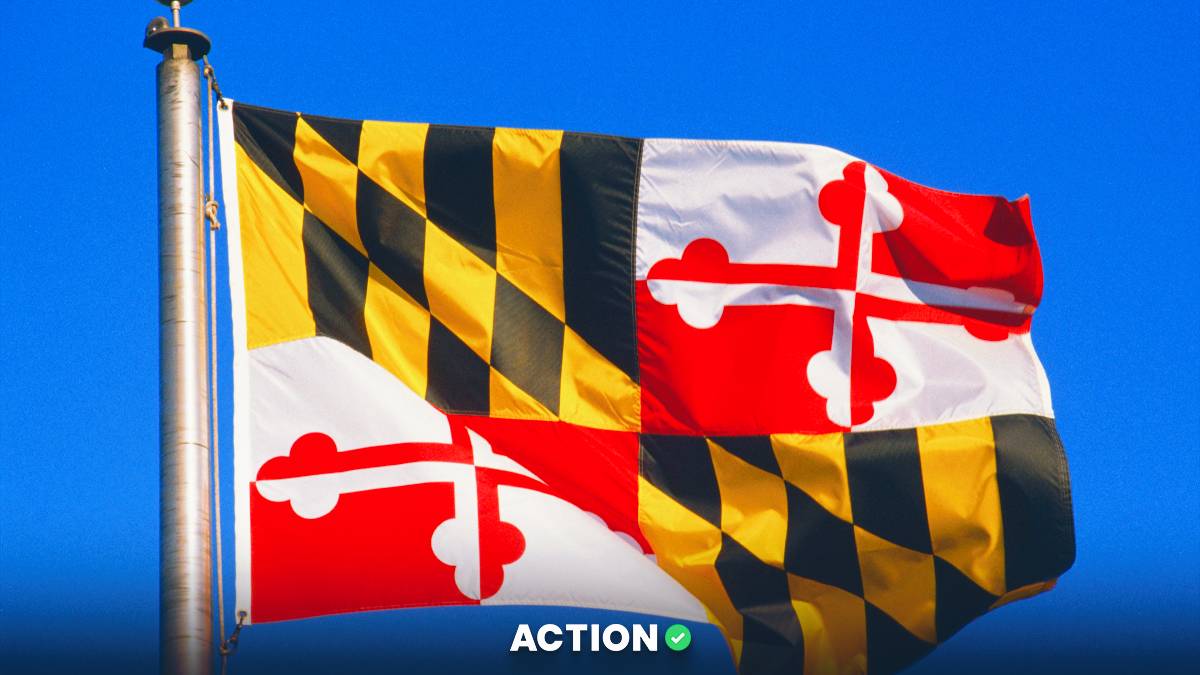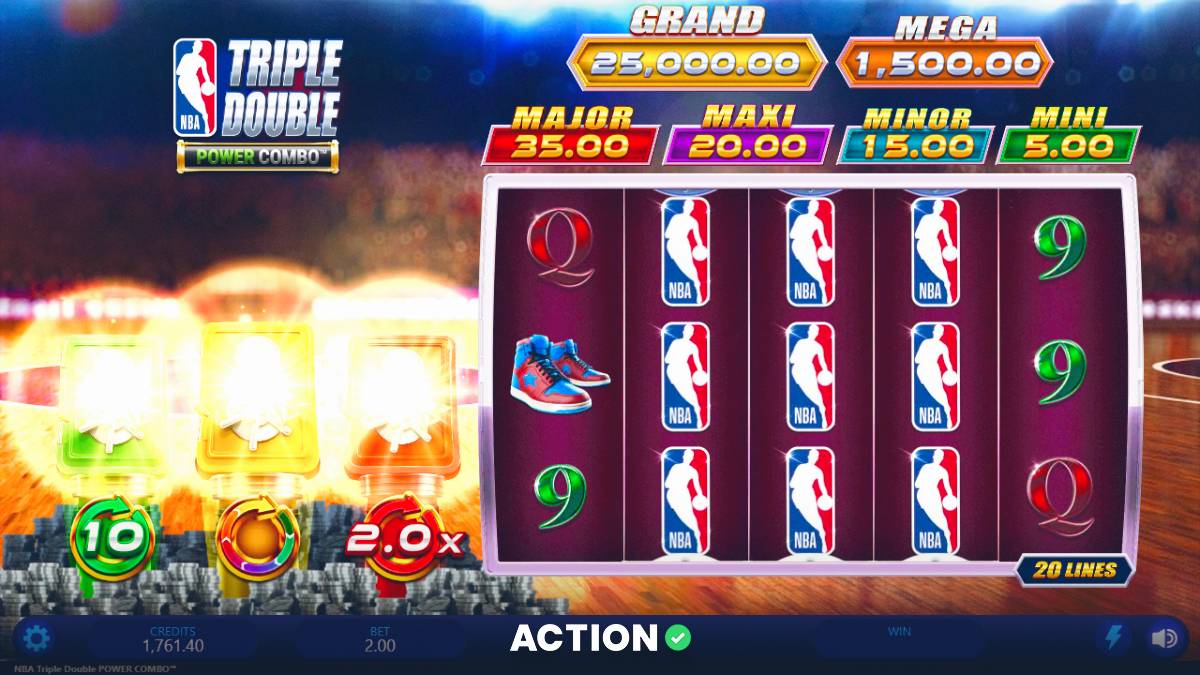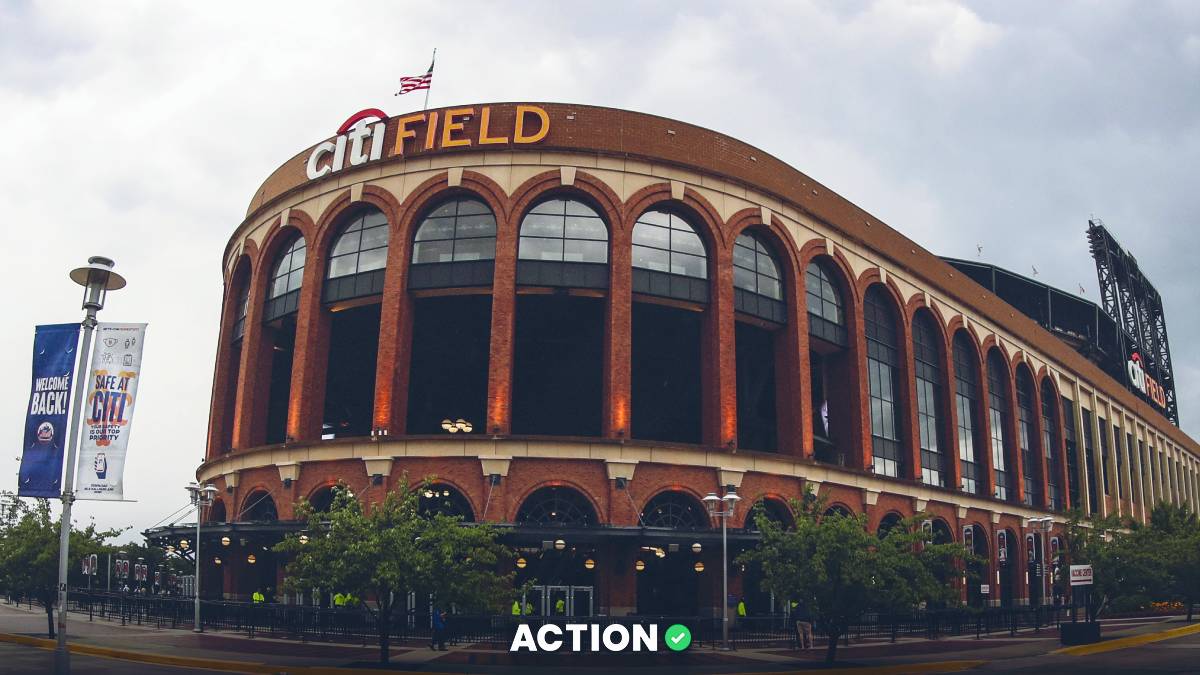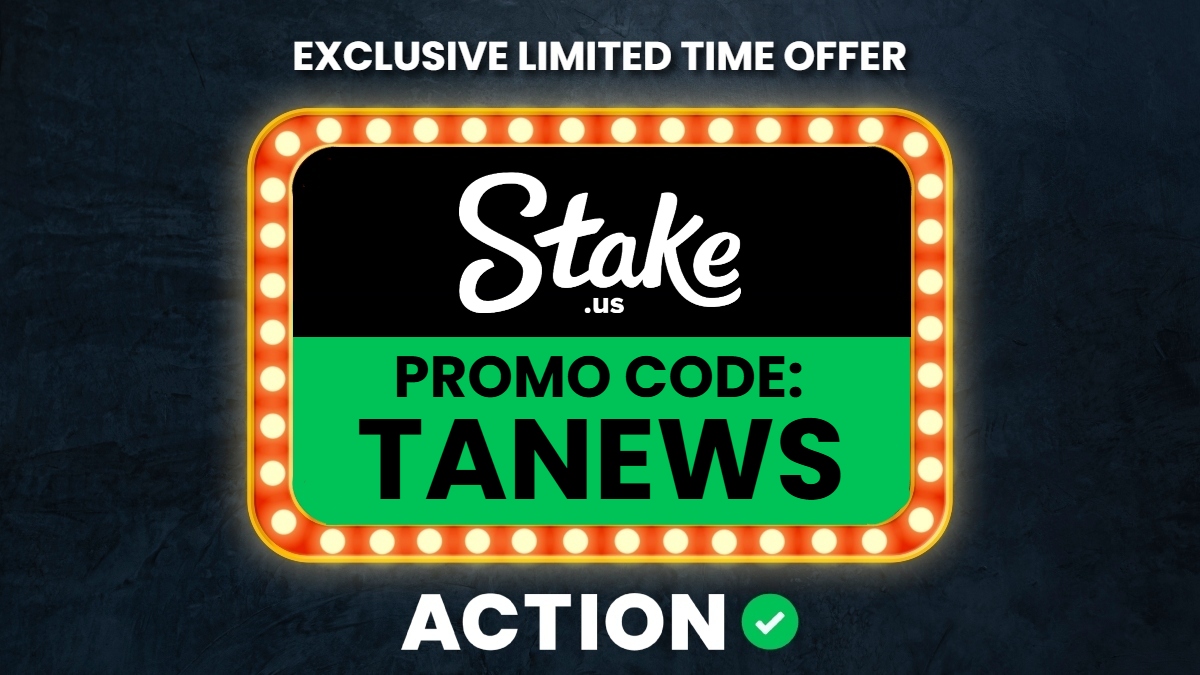Kalshi, a US-based prediction market platform, has filed a lawsuit against the Maryland Lottery and Gaming Control Commission (MLGCC).
This legal action comes in response to a cease-and-desist order from the MLGCC, which directed Kalshi to halt its operations in the state.
Prediction markets, like those operated by Kalshi, allow participants to trade contracts based on the outcomes of future events. These markets function similarly to stock exchanges, but instead of trading shares of companies, participants trade on the likelihood of specific outcomes, such as elections, sports events, or economic indicators.
Seeking Legal Protection
In an effort to continue its operations, Kalshi has requested a temporary restraining order and preliminary injunction against the MLGCC. This move is part of a broader legal battle that Kalshi is engaging in across several US states.
The platform has faced similar orders from states like Nevada, New Jersey, and Ohio, which have all challenged the legality of its predictive products.
How Prediction Markets Work
In a prediction market, participants buy and sell contracts that reflect their beliefs about the probability of a future event occurring. For instance, if there's an upcoming presidential election, a participant could buy a contract predicting a particular candidate's victory. The price of this contract fluctuates based on the collective sentiment of the market participants, essentially representing the probability of the event happening.

Prediction markets are valued for their ability to aggregate diverse information from a broad group of participants, often leading to highly accurate forecasts. They leverage the "wisdom of the crowd," where the collective input of many can result in precise predictions. These markets have been used to forecast election results, policy changes, and other significant events with a high degree of accuracy.
The Regulatory Challenge
Despite their potential for accurate predictions, prediction markets face regulatory challenges. Some states, like Maryland, have questioned their legality, resulting in cease-and-desist orders for platforms like Kalshi.
The regulatory landscape for prediction markets is still evolving, with ongoing discussions about their place in the financial and gaming sectors. As such, platforms operating in this space continue to navigate complex legal environments while advocating for broader acceptance and regulation.
A Series of Legal Battles
Back in March, Kalshi took legal action against regulators in Nevada and New Jersey. Tarek Mansour, the CEO of Kalshi, expressed his frustration on X regarding these challenges.
He emphasized that despite their attempts to educate regulators about the importance and regulation of prediction markets, the company’s efforts were largely ignored. Mansour stated, "Prediction markets have proven their use, so it is a shame that these authorities are still trying to censor them."
Maryland's Stance on Prediction Markets
Maryland is the latest in a string of states to challenge Kalshi's operations.
In April, the MLGCC issued a cease-and-desist order to stop sports event contract offerings, affecting Kalshi along with other platforms like Robinhood and the North American Derivatives Exchange. This makes Maryland the sixth state to confront Kalshi's business model.
The Future of Prediction Markets
Kalshi's ongoing legal battles highlight the challenges that prediction market platforms face in navigating state regulations. As the legal saga unfolds, it remains to be seen how these disputes will impact the future of prediction markets in the United States.
Kalshi’s determination to fight these orders suggests that the company will continue to pursue legal avenues to affirm its position in the market.








